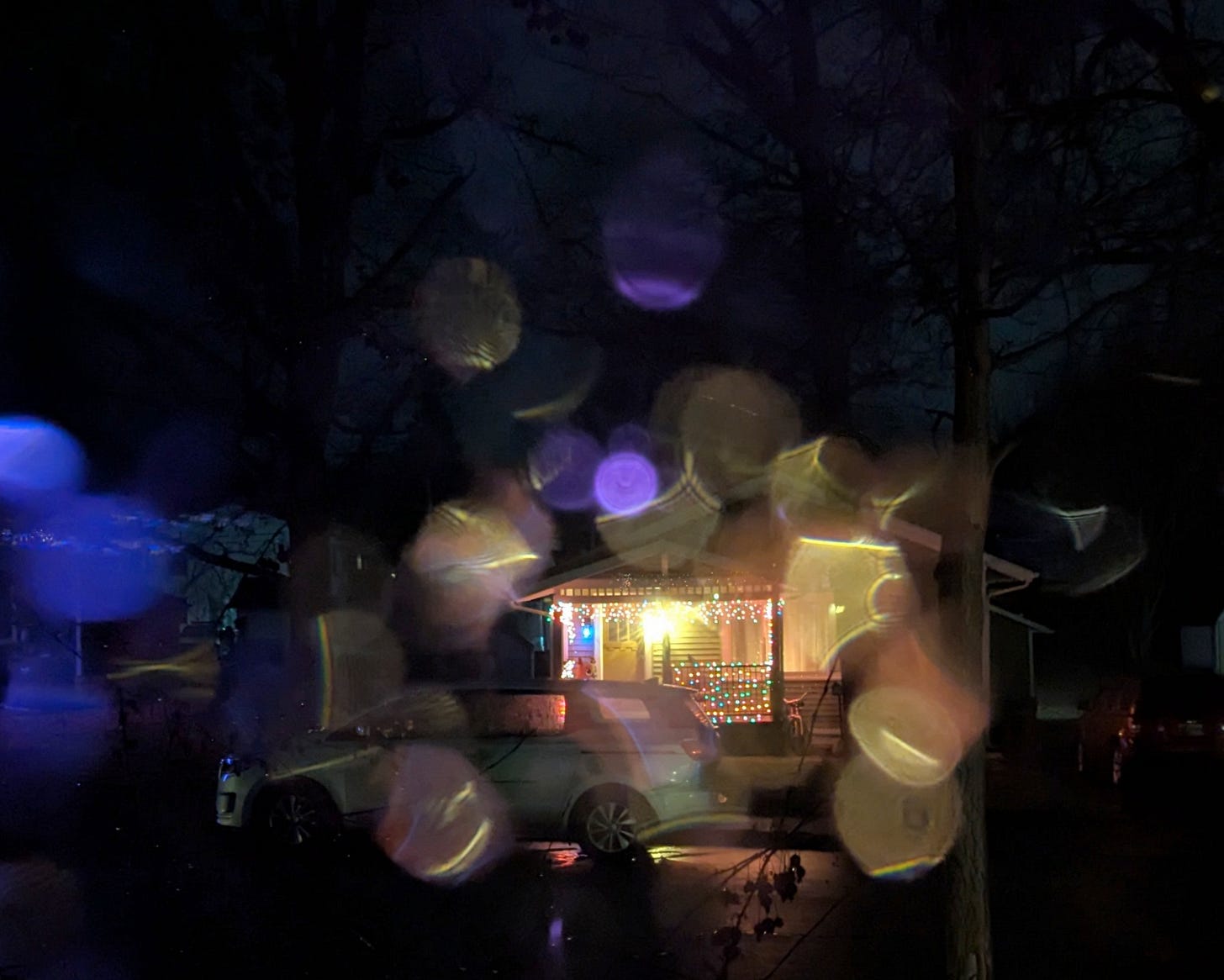1/30/20191
It was a typical Sunday morning. Sun streamed through the stained-glass window as a microphone made its rounds through the sanctuary. Brian raised his hand to speak. “I’m part of a local coalition against homelessness,” he began. “Last month we started talking about what could be done to help homeless people this winter. A few weeks later, an overnight warming shelter was opened. It’s unbelievable that this came together so fast. That says something about our community. The mayor, non-profit agencies, even some churches helped meet these needs. I’m grateful.”
I’ve learned to perk up when Brian speaks. He’s a man of measured words, well-studied and direct, with a teddy-bearish demeanor and the sort of quick wit that makes him everyone’s buddy. Having experienced homelessness himself, his perspective has opened my eyes to the complex rules of survival on the streets, and the rigors of compassionately walking someone in from the cold.
I still can’t shake his words, “Even some churches helped.”
For weeks, from the comfort of my kitchen, I had read about the need for a shelter. The local newspaper had picked up the story of a couple who were trying to provide refuge to homeless men when temperatures dipped below twenty degrees. “We don’t want [these men] to freeze to death,” the woman explained. “We want them to survive. That is our mission.”
The fuse was lit on this conversation. How many homeless men exist within city limits? Is an emergency shelter really needed? If so, whose responsibility is it? Powerful people asked important questions while Mother Nature drummed her fingers, holding temps steady at an unseasonably warm twenty-five degrees. I followed the updates closely, my mind drifting to the estimated 80 congregations located in our small city, the vast majority of which sit comfortably vacant overnight.
At the time, our then-church housed the only family shelter in the city. We were able to experience the privilege of being part of a church body that included some of our most vulnerable neighbors. It was complicated and even stressful at times, but it gave our dying congregation purpose, breathing life into our creaking bones. From this vantage point, it was hard to understand why the other seventy-nine churches weren’t lining up to do the same, particularly for the single men left without options.
Driving out of town one evening in December’s dusky half-light, I passed a church sign with a familiar message, “Remember Jesus this Christmas.” But our problem is not that we don’t remember Jesus. Our problem is that we do not recognize him.
Keep reading with a 7-day free trial
Subscribe to The Soup to keep reading this post and get 7 days of free access to the full post archives.




